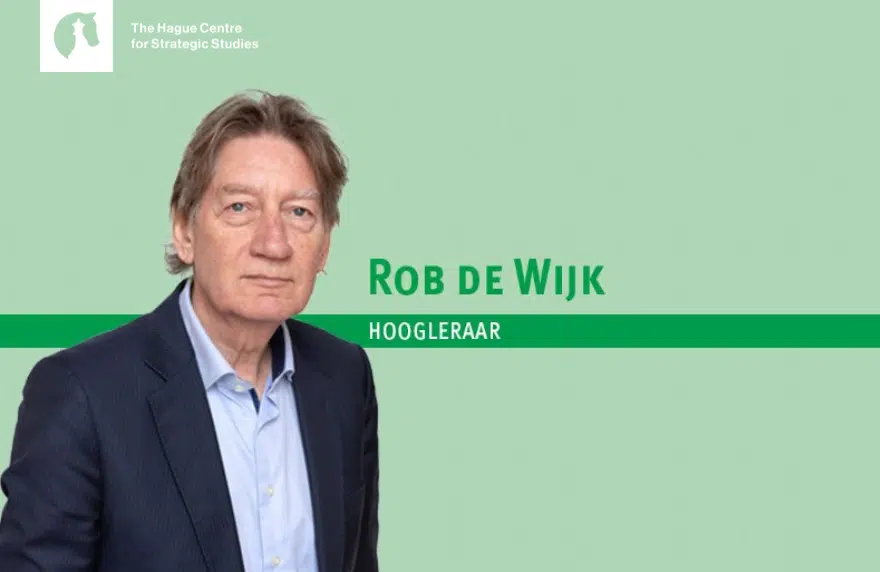Er werd opgelucht ademgehaald toen de Amerikaanse president Donald Trump en zijn Chinese ambtsgenoot Xi Jinping hun schadelijke handelsoorlog (althans voorlopig) opschortten. Ze maakten afspraken over de export van zeldzame Chinese aardmetalen. Een doorbraak. Want zonder die grondstoffen wordt de Amerikaanse hightechindustrie zwaar getroffen.
In de slipstream van de ontmoeting tussen Xi en Trump lijken ook de exportrestricties van deze grondstoffen richting de Europese Unie in de ijskast te zijn gezet. Zonder zeldzame aardmetalen geen chips. Dat raakt ook de hightechlandbouw. En zonder soja geen vleesproductie. Dat was het tweede hoofdpijndossier.
China is de grootste soja-importeur ter wereld. Maar Trump heeft de mondiale aanvoerketens danig ontregeld. Tot aan zijn handelsoorlog van 2018, waarvan de Amerikaanse sojaboeren ook al het slachtoffer werden.
De boeren exporteerden toen 28 procent van hun productie naar China. Dit was 60 procent van de totale soja-export. Door Trumps eerste handelsoorlog liep die export met ruim 70 procent terug, terwijl de export van Brazilië naar China steeg. Afrikaanse landen konden zich niet snel genoeg aanpassen en werden de dupe.
Verstandiger is om als EU het commitment aan Trump zoveel mogelijk te negeren
Trump leerde kennelijk niets van zijn eerste termijn, want door de heffingen op Chinese producten liepen de Amerikaanse landbouwexporten onlangs met 73 procent terug. Sojaboeren waren wederom de grote verliezers. Omdat zij over het algemeen Trump steunen, zijn ze een logisch doelwit van Chinese sancties. Voor Europese importeurs leek het goed nieuws; in een poging nieuwe markten aan te boren, ging soja voor dumpprijzen weg.
China zegt nu de importen uit Amerika te willen hervatten. Analisten denken echter dat het land gaat diversifiëren. Dat moet ook de les voor de Europese Unie zijn.
Kwetsbaarheid verminderen
De Europese Unie heeft zich in een recent handelsakkoord verplicht om inkoop van Amerikaanse soja te faciliteren. Dat gaat ten koste van importen uit Brazilië. Dat is gevaarlijk. Verstandiger is om het commitment aan Trump zoveel mogelijk te negeren en het aantal soja-exporterende landen uit te breiden om de kwetsbaarheid te verminderen.
Het handelsverdrag Mercosur maakt het mogelijk het aantal Zuid-Amerikaanse exporteurs te vergroten. Ook Oekraïne is een mogelijkheid. En zo nodig kan meer soja uit de Europese Unie worden betrokken, ook al is dat duurder. Want nog duurder is verdere afhankelijkheid van Amerika, dat een wispelturige machtspolitiek voert en er niet voor terugdeinst met heffingen en exportbeperkingen zelfs trouwe bondgenoten onder druk te zetten





